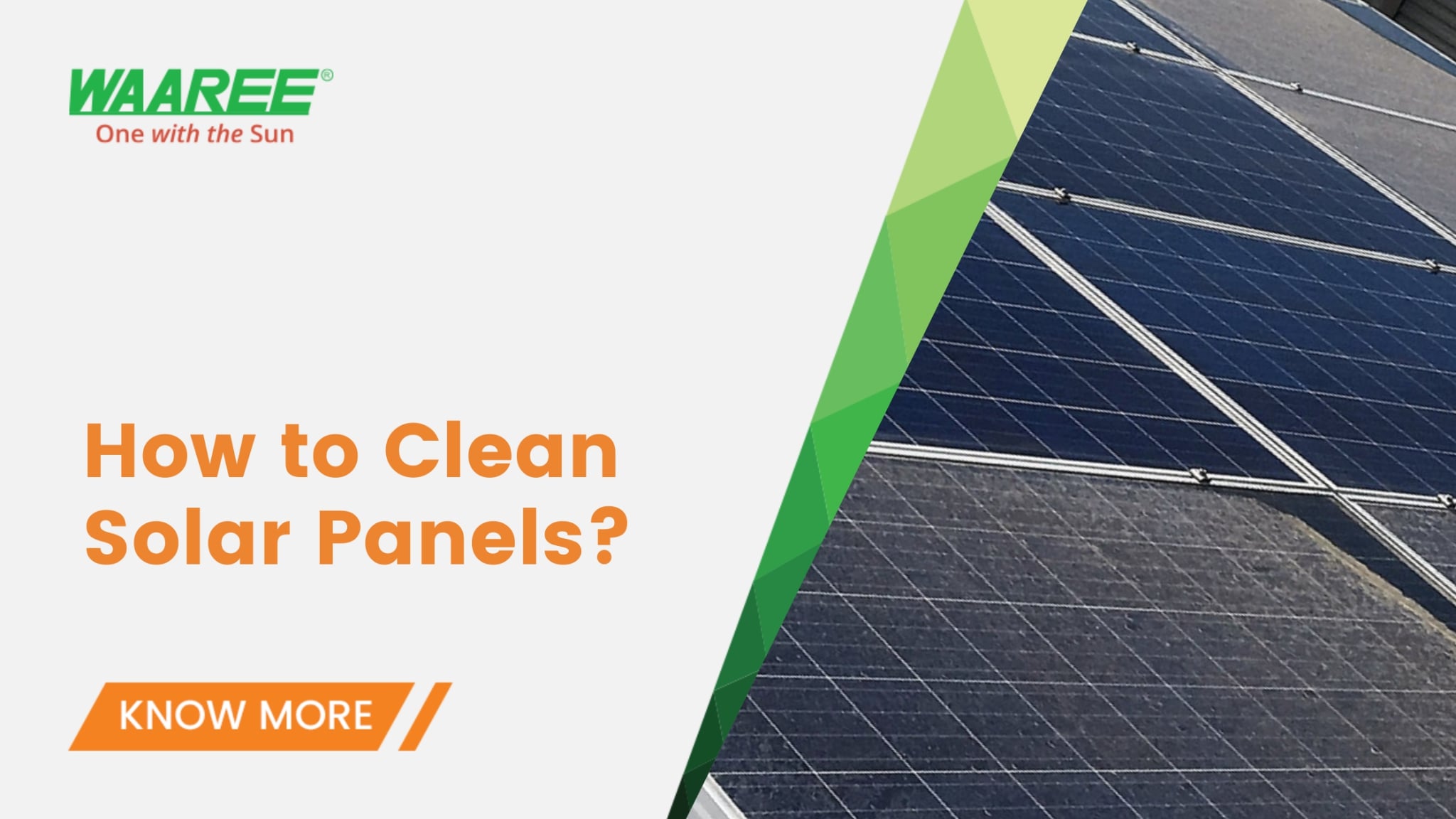
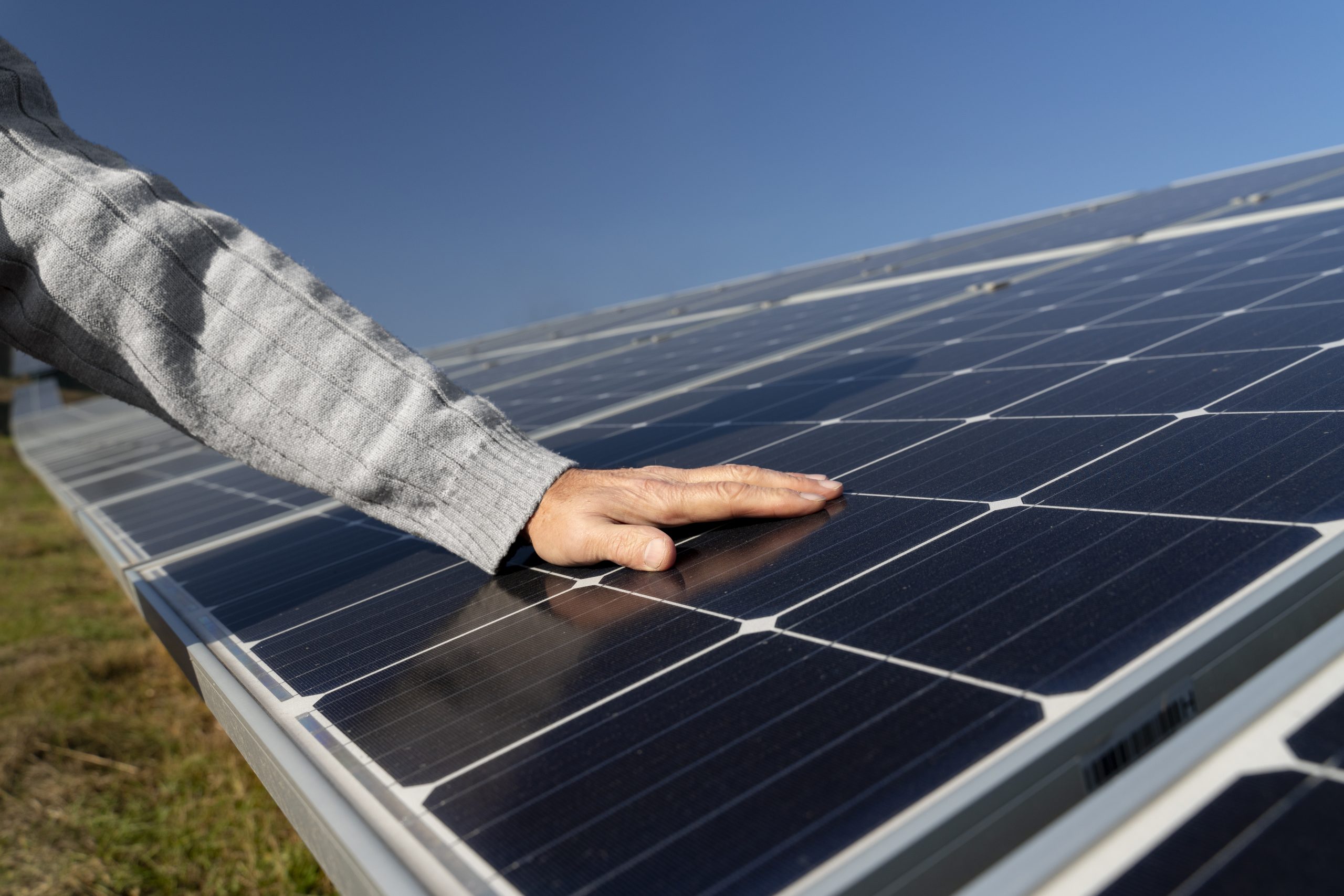


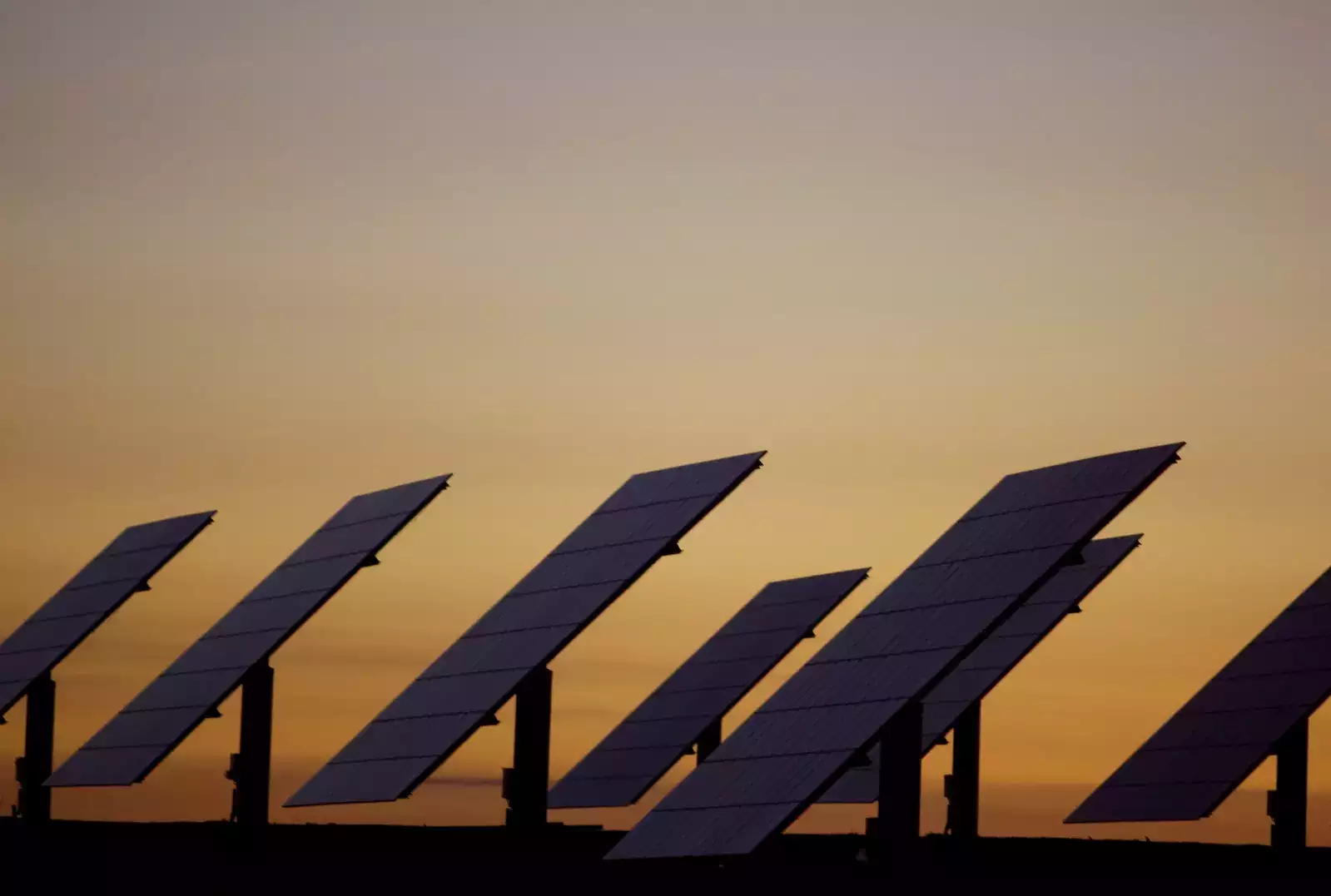
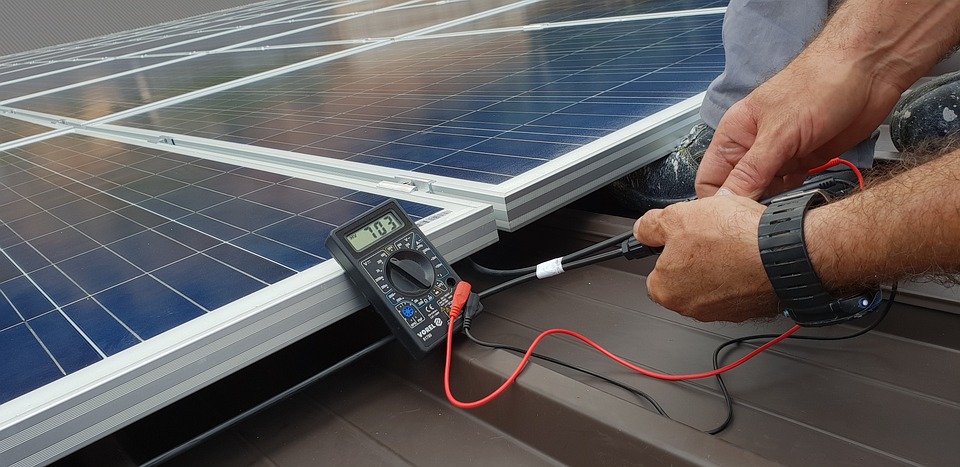
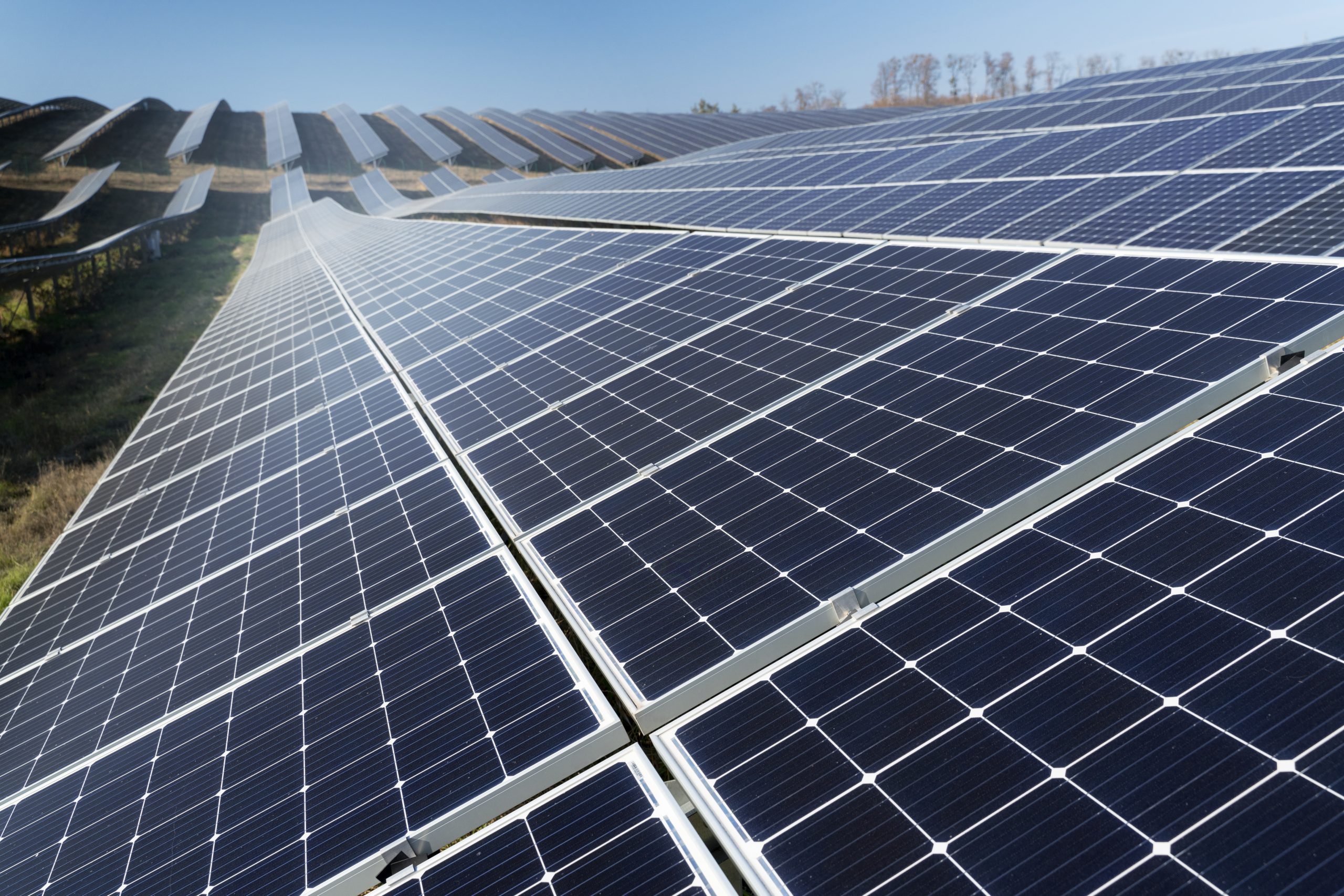
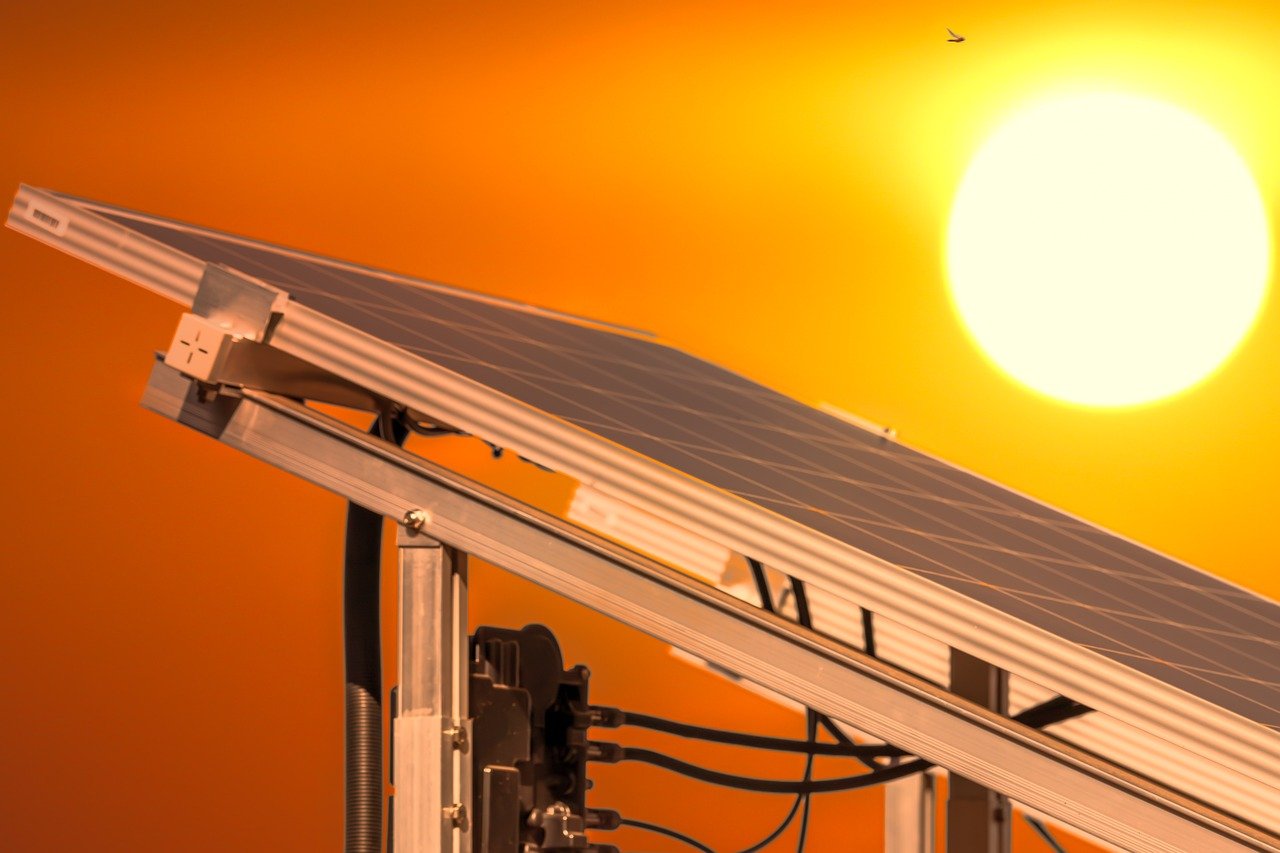

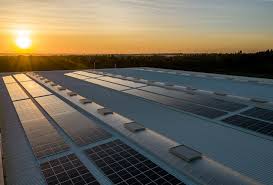
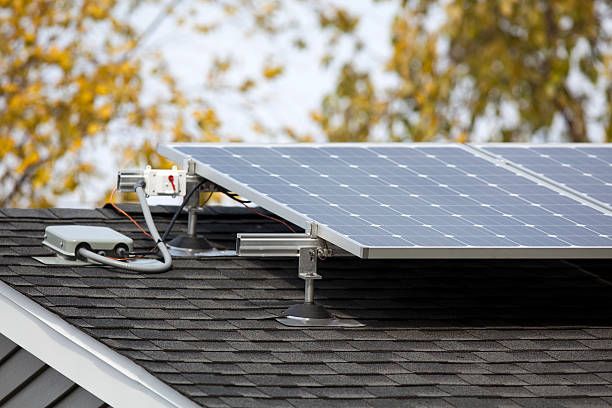
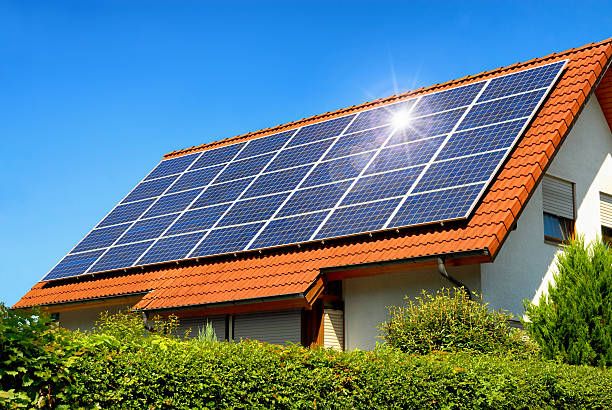
Photovoltaic (PV) modules require minimal maintenance after installation and are designed to last 25-30 years. However, it is important to keep them clean to maintain optimal power production.
Dust and dirt buildup on solar panels can cause energy loss (pollution) of up to 7% annually in parts of the United States and up to 50% in the Middle East. So how should solar panels be treated to remove contamination?
The most effective way to keep PV panels clean and some factors that affect solar panel cleaning and maintenance Let’s look at.
There are several ways to keep solar panels clean, ranging from manual cleaning to fully automated techniques. Rainwater can remove some of the dirt that builds up on the panels over time, but it also causes dirt to build up on the underside of the panels and is not sufficient to remove heavy dirt.
Robotic technology allows companies like Italy-based Washpanels to manufacture automatic and semi-automatic robots specifically designed to clean solar panels. We offer portable semi-automatic robots for installing panels on carports, greenhouses, shed roofs, etc. We also offer fixed roof robots for large-scale installations in dusty environments that require regular cleaning.
In the Middle East, Ecoppia uses solar-powered autonomous robots to clean PV modules nightly using soft microfibers and a stream of air instead of water, as high-pressure washing can damage the modules. is being washed. The robot also cleans its onboard solar panel and quickly recharges its battery between uses.
Scientists at Heriot-Watt University in Scotland and a NASA-funded project in the United States have developed a way to vibrate solar panels to shake off the dust from their surfaces. The Heriot-Watt solution has a direct current (DC) motor mounted behind a panel that can be adjusted to induce vertical vibration.
Scientists at the Advanced Research Center for Powder Metallurgy and New Materials (ARCI) branch of the Ministry of Science and Technology of India have developed a coating for solar panels that prevents dirt from accumulating in harsh environments. In India, the efficiency of PV modules is affected by a combination of high temperatures, high humidity, and high levels of pollution.
Nanoparticle-based technology repels dust so it can be easily washed off with water, and the high transparency ensures that the coating does not affect the panel’s efficiency. Indian company Marichin Technologies manufactures coatings for commercial use.
Manually cleaning PV modules is the good old way. Robotic, waterless vibration or specialized coating solutions are innovative and efficient, but there are many scenarios where these types of solutions are very expensive and inefficient. This is especially true for smaller installations of residential or commercial scale and specialize Waaree Expert d structures and installations such as agricultural power plants.
In order to do the task properly, there are some very useful tools for cleaning solar panels. On the one hand, there are many special brushes that rotate while brushing the floor from the plate. A simple cleaning tool, like those used for car windshields, can also help.
Waaree Expert is an initiative where you can book an Expert for cleaning your Solar PV modules manually from an automated mobile application platform

Efficiency Degradation Due To Dust/dirt On Solar Panels.
Studies show that ordinary contaminants such as dust, dirt, and pollen have minimal impact on efficiency. On average, less than 0.05% efficiency is lost. Homeowners can save about $20 a year by cleaning their solar panels in the middle of summer.
Basically, under normal circumstances, you may pay more to clean your panels than to regain solar efficiency.
The location of your solar panels also affects how you clean them and how often they need to be cleaned to maintain efficiency.
As a general rule, clean at least once or twice a year. However, some locations may benefit from more frequent cleaning.
PV modules installed in highly polluted areas, especially near factories, highways, or airports, experience high levels of atmospheric dirt and oil deposits.
In a facility with many trees around, many leaves fall on the panels, which hinders the absorption of sunlight. Trees also attract birds, droppings can accumulate and obscure PV cells, and acids can damage surfaces and reduce efficiency.
In areas with dry and dusty climates, such as the Middle East and the southwestern United States, more sand accumulates on PV modules, blocking light and scratching the surface. In areas like California and Australia, wildfire ash can quickly fall onto panels in large clumps.
In addition, the angle of the roof where the solar modules are installed affects the frequency of cleaning. Angled panels are cleaner by runoff rainwater than flat panels where water can pool in the pool and leave a residue.
Large commercial solar systems need to be cleaned more often than residential systems because the larger the system, the more fouled the panels and the more they interfere with power generation. Robotic solutions are therefore more suitable for commercial systems.
PRODUCTS OFFERED

Waaree Energies Ltd. is the flagship company of Waaree Group, founded in 1989 with headquarters in Mumbai, India. It has India’s largest Solar panel manufacturing capacity of 5GWs at its plants in Surat and Umbergaon in Gujarat. Waaree Energies is amongst the top players in India in Solar Panel Manufacturing, EPC Services, Project Development, Rooftop Solutions, and Solar Water Pumps and is also an Independent Power Producer. Waaree has its presence in over 380 locations nationally and 20 countries internationally. Step on to your cleaner journey by contacting us at 18002121321 or mail us at waaree@waaree.com